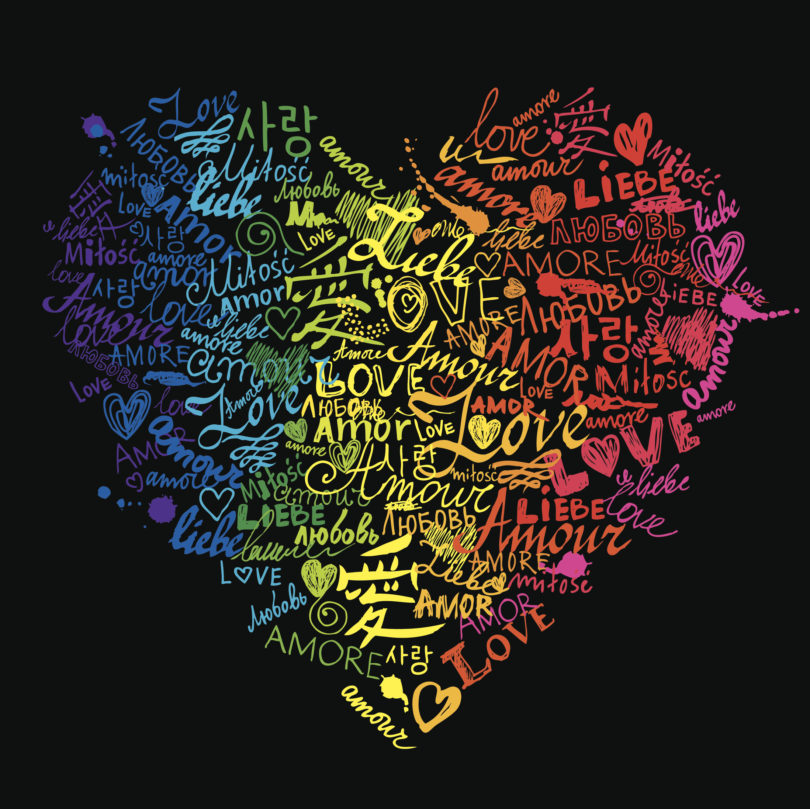It seems as though every month, we’re celebrating or recognizing some cause. Even individual days seem to stand for something. In October, there’s a National Taco Day, a National Chocolate Day and even a day for American beer.
Dairy has its own month (June, in case you were wondering). So do hair loss, guide dogs and pianos.
Then there are the medical awareness months. We associate February with heart health. We recognize autism in April and arthritis in May. In October, we think of breast cancer awareness.
But recently, a woman in our community introduced us to a topic we weren’t all that familiar with: Stillbirth.
As it turns out, October is also Pregnancy and Infant Loss Awareness Month, a time for communities to look for ways to support bereaved parents who have lost babies. It was proclaimed as a month in 1988 by President Ronald Reagan.
We sat down with Shannon Renfro, who is the chair of the Virginia chapter of the Star Legacy Foundation, a national support organization for those who have experienced stillbirths and neonatal deaths. Renfro, who lives in Gloucester, lost a baby girl to stillbirth in 2009. She told us that many as 71 babies are born still every day.
That’s more than 25,000 stillbirths every year. One in four pregnancies.
“It’s such an important issue, but it’s a silent issue,” she told us. “It needs to be talked about.”
The Star Legacy Foundation is working hard to bring the issue into the forefront by spreading their message of education, awareness and support. Stillbirth happens, whether you think it does or not, pointed out Deborah Dougherty, a perinatal bereavement nurse at Norfolk General Hospital, where 10 to 25 babies are born still every month.
Every Oct. 15th, which is Pregnancy and Infant Loss Remembrance Day, there’s a “wave of light” for lost babies. People everywhere are asked to light a candle at 7 p.m. — whatever their time zone — and leave it lit for one hour, creating a wave of light around the world.
Shining light on issues is what we at the Health Journal strive to do, bringing you stories on remarkable people, exciting medical advances and things you can do to improve your health. Another topic you’ll read about this month is on gender diversity and some ways our society is addressing it, differing opinions and all. In the end, it all comes down to love and acceptance — because after all, isn’t that what we all want?
Grieving parents who have lost a child describe feeling lonely, as if they’re facing the world all alone. So do many transgendered people. One study reported that 84 percent of those who identify as LGBTQ (that’s lesbian, gay, bisexual, transgender and queer) said they’ve been harassed.
Look around at your neighbors, at your friends, maybe in your own family. Is anyone hurting? Do you know someone who could use a kind word, or a listening ear? A little empathy never hurt anyone. So why not reach out? We can all use a little more light and love.

